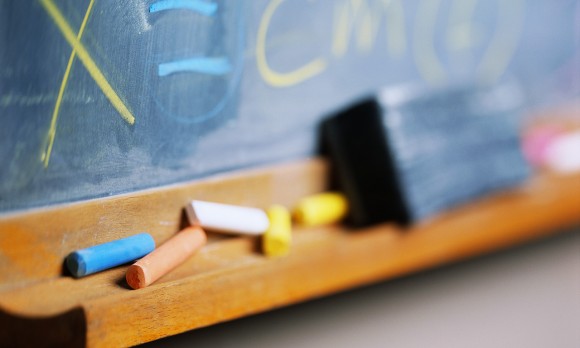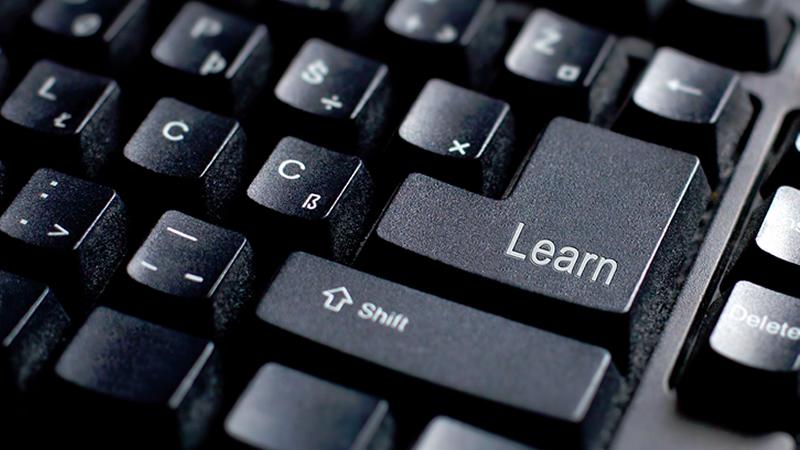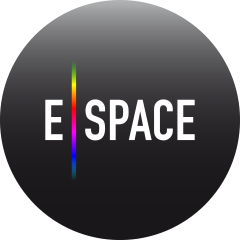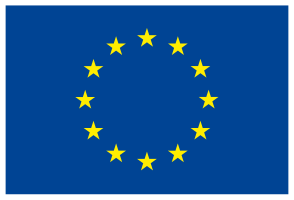This workshop is the first celebration of the work Europeana Space project is doing in the domain of Education. During this workshop, current best practices for environments/applications to facilitate re-use of digital cultural heritage content in an educational context were examined. ‘Education’ here refers not only to the general school system but also to educational services in museums or lifelong-learning programmes.
This workshop presented the E-Space Educational Demonstrators, and also served to gain more feedback and see how further implementation of the developed tools in an educational context could best fit. The Europeana Space MOOC (Massive Open Online Course) was also be presented. A Demo room was open to allow workshop participants to explore the Demonstrator prototypes.
Venue: Athens, Onassis Cultural Centre, 107-109 Syngrou Avenue, Date: 22 January 2016
Programme and registration was available HERE
SPEAKERS AND THEIR SLIDES PRESENTATIONS:
Keynotes
E-Space: creative re-use perspectives for Cultural Heritage (PDF, 2.2 Mb)
Antonella Fresa, Promoter srl, E-Space Technical Coordinator
The Cavafy Archive in the sharing economy: the Europeana opportunity (PDF, 2.7 Mb)
Thodoris Chiotis, Project Manager at Cavafy Archive, Onassis Foundation
Maintaining openness and diversity in the global MOOCs environment: the OCC approach (PDF, 27 Mb)
Prodromos Tsiavos, Head of Digital Development at OCC
What is the meaning of open in education? From OER to MOOC (PDF, 929 Kb)
Ignasi Labastida, Dissemination of Knowledge and Research Unit at the CRAI (Library) at University of Barcelona
Open: bridging heritage and education (PDF, 2.5 Mb)
Alek Tarkowski, Director of Centrum Cyfrowe Projekt: Polska
E-Space Educational Demonstrators and MOOC
Photographic investigation of art works (PDF, 1.7 Mb)
Frederik Temmermans, VUB – iMinds
Irish poetry & folk tales (PDF, 1.2 Mb)
Ruth Montague, LGMA
Cavafy Poem demonstrator (PDF, 1.7 Mb)
Thodoris Chiotis, Onassis Foundation
3D archeological demonstrator (PDF, 1.8 Mb)
Marinos Ioannides, Digital Heritage Research Lab – Cyprus University of Technology
Rode altarpiece (PDF, 1.13 Mb)
Hembo Pagi, Estonian Ministry of Culture
Yes you can! How to become a creative contributor to online cultural heritage: the Europeana Space MOOC (PDF, 3.9 Mb)
Fred Truyen, KU Leuven
Case Studies and presentation of best practices
The online platform Testbeeld: bringing audiovisual heritage into the classroom, (PDF, 2 Mb)
Barbara Dierickx, PACKED vzw
The Greek Open Courses Program, (PDF, 5.4 Mb)
Balaouras Pantelis, Greek Academic Network, University of Athens
Collective memory and the future of the book, (PDF, 5 Mb)
Thanasis Deligiannis, Political Scientist, Coordinator of the Open Hardware Working Group at the Greek Free/Open Source Software Society
This event was also part of the Hack the Book festival, the hackathon event of Open & Hybrid Publishing pilot, exploring the book as an evolving, visual and open medium: designers, artists, publishers, programmers, authors, poets, hackers and entrepreneurs were invited to a marathon on creative programming, design and entrepreneurial innovation which will redefine the book.




